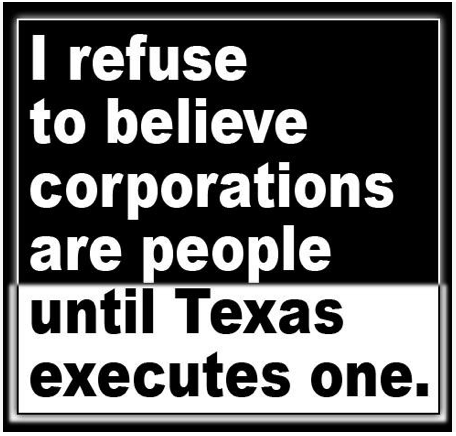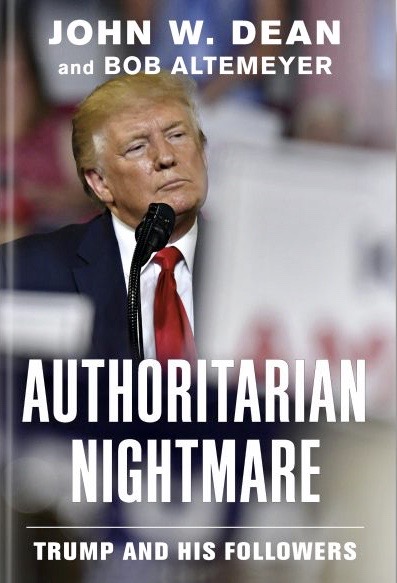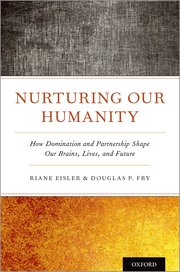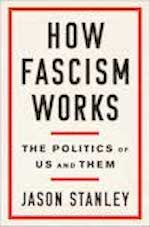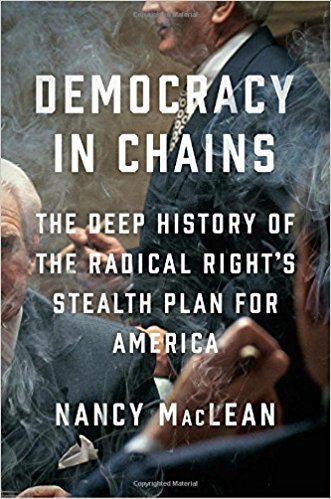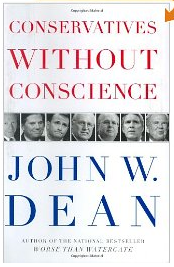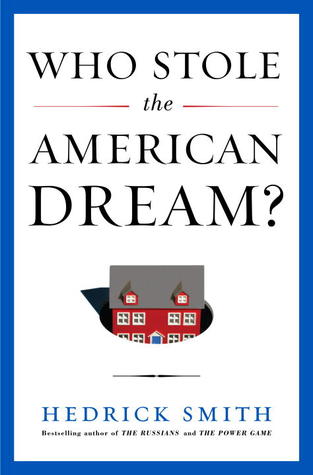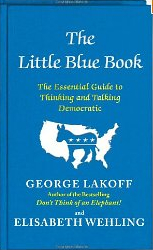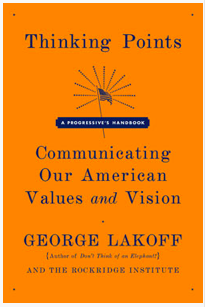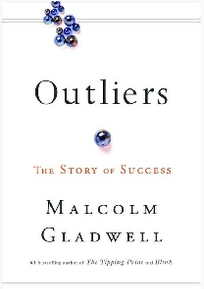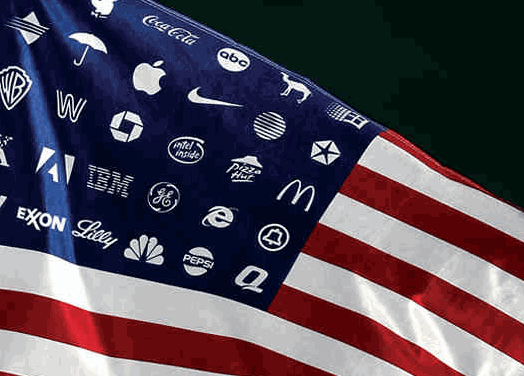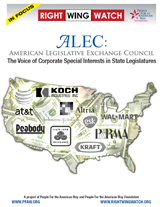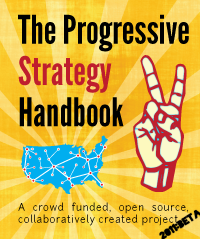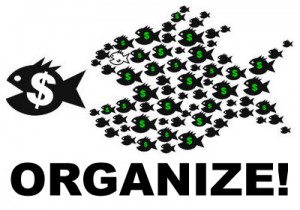Let me start off with a quote from Thomas Paine, “He that would make his own liberty secure must guard even his enemy from oppression; for if he violates this duty, he establishes a precedent that will reach to himself.” In other words, what a country does unto its enemy can also be used against its citizens when they are seen as the enemy.
With this concept in mind consider the implications of a recent survey by Pew Research, where 46 percent of the general public answered “often” or “sometimes” to the question, Do you think the use of torture against suspected terrorists in order to gain important information is justifiable?. The survey also showed that this was in sharp contrast to the feelings of eight “elite groups,” who chose “often” or “sometimes” only 16 percent of the time.
From the other end of the responses, only 32 percent of the general public chose “never” compared to a 46 percent average for the elite respondents.
In a related article from the National Catholic Reporter, they took the survey results and separated the general public into secular and non-secular groupings. The non-secular group of Catholic, white protestant and white evangelical, chose “often” and “sometimes” by 51 percent, while 35 percent of the secular grouping made the same choice.
The choice of “never” got 29 and 41 percent from the non-secular and secular groups, respectively.
No matter how you look at the Pew Research survey results, a clear majority of Americans favor some use of torture. Where else is torture sanctioned?
According to the Reporter this public acceptance of torture “could be why Bush administration officials have been emboldened to use terms like ‘torture lite,’ referring to abuse that does not result in organ failure or death, and why international and humanitarian organizations have been outspoken about American and American-sponsored torture.”
So, torturing the enemy, whoever that is or might become, is okayed by both the general population and Bush administration officials. Add to that the denial of legal representation for accused detainees kept in a U.S. controlled territory (Guantanamo) and wiretapping of U.S. citizens without oversight that is deemed okay by President Bush and where might our country be heading as the war on terror evolves?
Could U.S. citizens misunderstood during wire tapped phone call be detained at Guantanamo? Could the U.S. government come to use torture on it own citizens as long as they think that citizen is an enemy combatant? Years from now, will we remember we approved the torture of others that eventually was used on our citizens?
Maybe on our way down this slippery slope we will see something like Section 17 of South Africa’s 1960’s General Law Amendment Act. According to an article in the LA Times by Ms. Gillian Slovo, who lived under this law in her homeland of South Africa, this act “allowed the police to detain any person suspected of a political crime and to hold them for 90 days without access to lawyers. The number of days was purely notional because prisoners could be released after 90 days and immediately rearrested.” According to Ms. Slovo, her mother was kept in solitary confinement for 117 days for being a “prominent anti-apartheid activist.”
Hopefully this historical example has a low probability of becoming a reality for us. But if we Americans continue to let our leaders lower our national standards, could a law like Section 17 creep into our war on terror?
I opened with a quote, so let me close with the following from Abraham Lincoln, our 16th President, “America will never be destroyed from the outside. If we falter and lose our freedoms, it will be because we destroyed ourselves.â€




